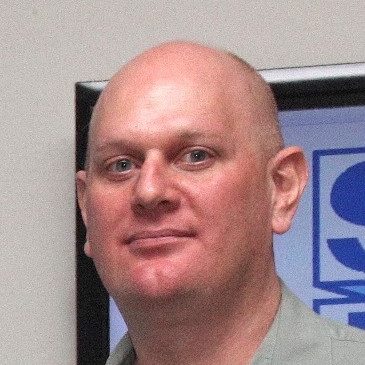David Mackler

Postdoctoral Researcher
Department of Physics
david.mackler@ucf.edu
Research Groups
Dr. David Mackler is a postdoctoral researcher with FSI, as part of the Preeminent Postdoctoral program at the University of Central Florida. He has two bachelor’s degree in Aerospace Engineering and Engineering Physics, and a master’s degree in Space Science from Embry Riddle Aeronautical University in Daytona Beach. He received a Ph.D. in Physics from The University of Texas at San Antonio, but his research in particle detectors and magnetospheric physics was conducted at Southwest Research Institute in San Antonio, TX.
Over the years, Dr. Mackler’s research has been very diverse. As an undergraduate, he studied the aurora and quantum spectroscopy. As a master’s student, he studied planetary wave activity in polar mesospheric clouds, and later worked with thermospheric response to geomagnetic storms and traveling ionospheric disturbances. Dr. Mackler’s Ph.D. research focused on Low Altitude Emissions of Energetic Neutral Atoms, which is created when an energetic charged particle from the solar wind collides with a neutral atom from Earth’s atmosphere. If there is a charge exchange, the charged solar wind is now a neutral and not bound by Earth’s magnetic field and can escape Earth’s gravity. The most intense of these emissions come from high latitude regions of the magnetosphere called Low Altitude Emissions. While Dr. Mackler was at Goddard Space Flight Center, he started research into plasma turbulence, which is what he continues to do at FSI under the supervision of Dr. Julie Brisset. He has chosen 20 data intervals measuring the local magnetic field from the Magnetospheric Multiscale Mission (MMS) during the first subsolar pass (the first time the furthest part of the orbit passed between the Earth and the Sun), and is looking for intermittency in these intervals which may suggest turbulence. If turbulence is found, he can correlate that to the direction of the local solar wind.
No ORCiD Supplied.
